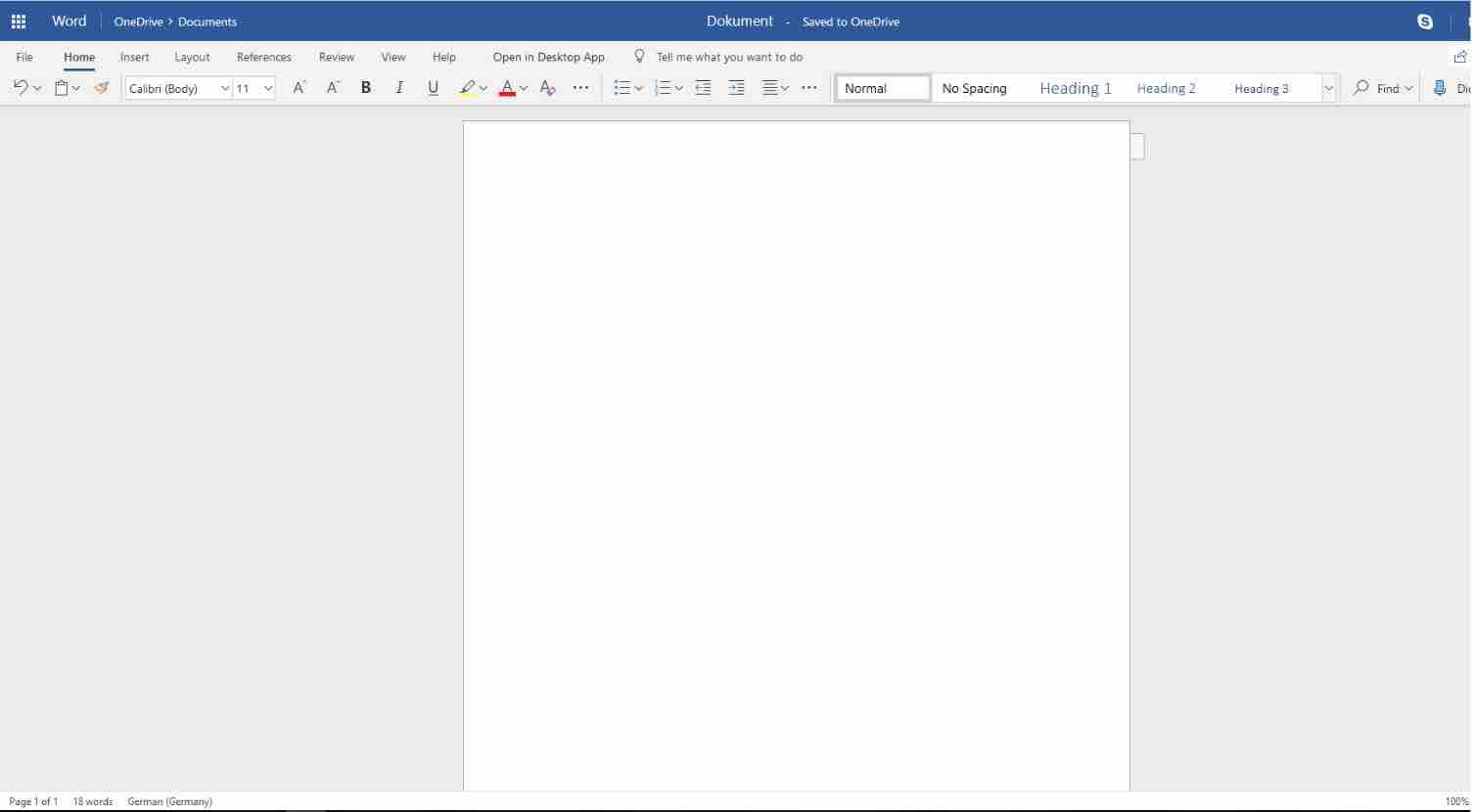

LibreOffice Writer: Another open-source product, LibreOffice mimics Apache OpenOffice, with some additional features that make it quite attractive. There is, as well a paid version with a few more features, but a basic user would not need them. One drawback – it will not translate, so only English can be used. The other great feature is that, unlike other free Word alternatives, this program works beautifully with Word documents without any format issues, as is often the case with other programs. Kingsoft Writer: This is a word-processing program developed in Hong Kong that replicates Microsoft Word almost exactly, with a few new and innovative features, such as the convenience to work on several document at once within the same window. This is a basic word processing program, but it is only a bit better than WordPad.

It provides a very basic model of Word, and users can type up letters, school assignments and such, but any more complex formatting is fraught with difficulties. Word Online: Owned and operated by Microsoft, this may be a choice of many because it is, after all, a Microsoft product. It is one of the very few word processing programs that is open source, as well as free. One of the differences is to have the toolbar on the side rather than on top, but this is a minor difference to which anyone can adjust.

But it is amazingly current in all that it can do. The individual who needs basic word processing features will love Google Docs!Īpache OpenOffice Writer: The biggest “turn-off” for users of OpenOffice Writer is that it “looks” dated and old. One of its best features is that it allows several users to work on the same document together, with a built-in chat feature to boot! While it is easy and user-friendly, the one drawback is that it can only be accessed through a web browser on a PC. First launched in 2007, it has steadily improved.
#What are free alternatives to microsoft word software
Google Docs: If you have a Google account, you can access this word processing software for free. The following is a short description of the free alternatives to Word that offer the same great features and that are compatible with Word formats. What many don’t realize, however, is that there are many free alternatives to Word, and they offer much of what the majority of us actually use the most. And, certainly, the great tools imbedded within this software, and all of its regularly-improved versions, have allowed it to dominate the word processing world for years. For years, the “be-all” and the “end-all” of word processing has been Microsoft Word.


 0 kommentar(er)
0 kommentar(er)
